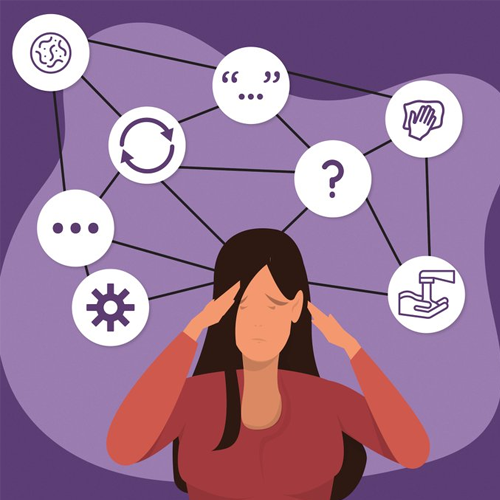The Role Of Therapy In OCD Help And Recovery
For individuals struggling with Obsessive Compulsive Disorder (OCD), therapy holds immense potential for relief and recovery. This article will explore the role of therapy in providing OCD help, highlighting its benefits and various approaches that individuals can consider.
1. Cognitive Behavioral Therapy (CBT):
CBT is widely recognized as the most effective form of therapy for OCD. This structured approach helps individuals identify and challenge their irrational thoughts (obsessions) and engage in corrective behaviors (compulsions). You can also check this out if you are looking for more information about OCD.
Image Source: Google
2. Exposure and Response Prevention (ERP) Therapy:
ERP is a specialized form of CBT that focuses on gradually exposing individuals to situations or thoughts that trigger their OCD. Through guided exposure, individuals learn to resist engaging in their usual compulsions, thereby breaking the cycle of anxiety and compulsion. ERP therapy helps individuals confront their fears and develop resilience in facing their obsessions.
3. Acceptance and Commitment Therapy (ACT):
ACT aims to change the way individuals relate to their thoughts and emotions, helping them accept their obsessions without judgment or resistance. The therapy focuses on clarifying personal values and committing to actions that align with these values, irrespective of OCD symptoms. ACT encourages individuals to create fulfilling lives while coexisting with OCD.
Conclusion:
Therapy plays a vital role in providing OCD help and facilitating recovery. Whether through CBT, ERP, ACT, or mindfulness-based approaches, therapy offers effective tools for managing obsessions and compulsions. By seeking appropriate therapy and working closely with a qualified mental health professional, individuals with OCD can find hope, relief, and a path toward a fulfilling life.
